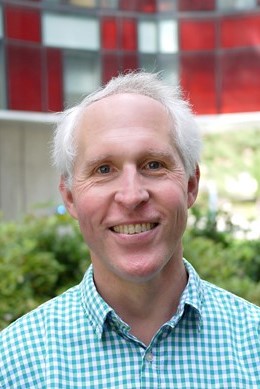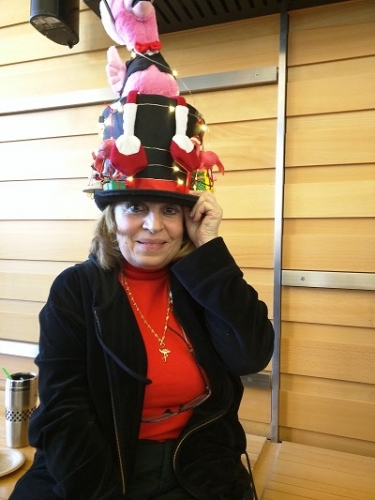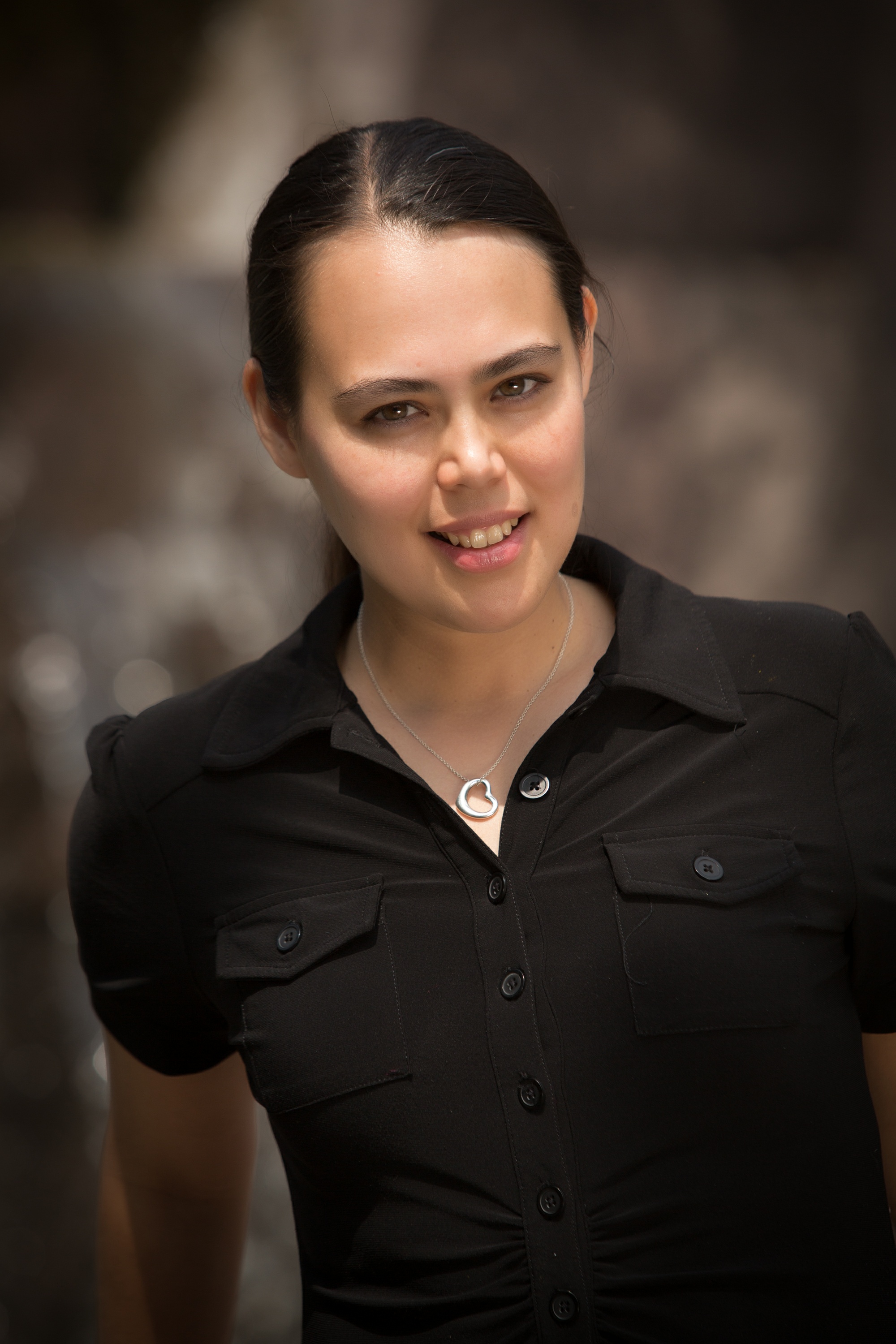Jarzynski Wins Simons Fellowship
- Details
- Published: Tuesday, March 10 2020 05:56
Chris Jarzynski, a Distinguished University Professor in the University of  Christopher Jarzynski. Photo: by Faye Levine Maryland’s Department of Chemistry and Biochemistry, Department of Physics, and Institute for Physical Science and Technology (IPST), is one of three faculty members in the University of Maryland’s College of Computer, Mathematical, and Natural Sciences (CMNS) to received a 2020 Simons Foundation Fellowship. The prestigious fellowships provide support for faculty scientists to extend a one-term, university-sponsored sabbatical into a full year, allowing them to focus solely on advancing fundamental research in mathematics or theoretical physics.
Christopher Jarzynski. Photo: by Faye Levine Maryland’s Department of Chemistry and Biochemistry, Department of Physics, and Institute for Physical Science and Technology (IPST), is one of three faculty members in the University of Maryland’s College of Computer, Mathematical, and Natural Sciences (CMNS) to received a 2020 Simons Foundation Fellowship. The prestigious fellowships provide support for faculty scientists to extend a one-term, university-sponsored sabbatical into a full year, allowing them to focus solely on advancing fundamental research in mathematics or theoretical physics.
UMD researchers received 2 of the 40 fellowships awarded for mathematics and one of the eight fellowships for theoretical physics. UMD topped the list with the most 2020 Simons Fellows, tied with the University of Michigan, the University of Illinois at Urbana-Champaign and Stony Brook University. UMD’s 2020 Simons Fellows join six other CMNS faculty members who were named Simons Fellows since 2013.
“We are very pleased to congratulate all three of these very accomplished researchers,” said CMNS Dean Amitabh Varshney. “The awarding of this very competitive fellowship to three of our researchers demonstrates UMD’s strength in fundamental research in both mathematics and physics.”
Jarzynski is a statistical physicist and theoretical chemist who models the random motions of atoms and molecules. Working at the boundary between chemistry and physics, Jarzynski studies how the laws of thermodynamics—originally developed to describe the operation of steam engines—apply to complex microscopic systems such as living cells and artificial nanoscale machines.
Jarzkynski is well known for developing an equation to express the second law of thermodynamics for systems at the molecular scale. The equation is known as the Jarzynski equality, which was noted by the Nobel Committee for Physics as an application of the 2018 prize-winning invention, optical tweezers. This research has led to a new method for measuring “free energy”—the energy available to any system to perform useful work—in extremely small systems.
A Fellow of the American Physical Society (APS) and the American Academy of Arts and Sciences, Jarzynski received the APS 2019 Lars Onsager Prize, which recognizes outstanding research in theoretical statistical physics. He was also awarded a Fulbright Fellowship and the Raymond and Beverly Sackler Prize in the Physical Sciences. He serves on the editorial board for the Journal of Statistical Mechanics: Theory and Experiment and is an associate editor for the Journal of Statistical Physics.
Jarzynksi earned his B.A. in physics from Princeton University and his Ph.D. in physics from the University of California, Berkeley. After a postdoctoral appointment at the Institute for Nuclear Theory in Seattle, he spent 10 years at Los Alamos National Laboratory. He has been on the faculty of the University of Maryland since 2006.
During his sabbatical, Jarzynski will be based at UMD but intends to travel to Europe and California for workshops, visiting professorships and collaborations.
UMD's other Simons Fellows were Professor Jacob Bedrossian of the Department of Mathematics and the Center for Scientific Computation and Mathematical Modeling and Professor Leonid Koralov of the Department of Mathematics. Mohammad Hafezi of Physics and ECE was named a 2020 Simons Investigator.
Original story here.








